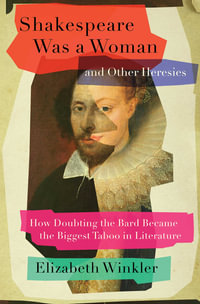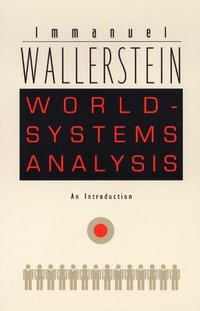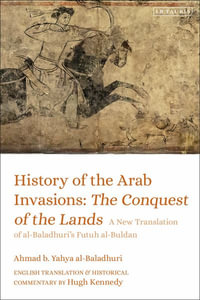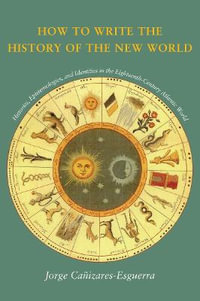It is well known that the scientific discoveries of the nineteenth century posed problems for Christian theology. Less well known is the fact that the new understanding of history, developed in the same period, also created a number of difficulties. The realization that Christianity possessed a history of its own, and had changed and developed, raised numerous important questions for theologians and Christians alike. Newman's revised Essay
on the Development of Doctrine provides the starting-point for this new and comprehensive survey, in which Peter Hinchliff discusses the ideas of a wide range of theologians from the full spectrum of
British Christianity - from Roman Catholics through to theologians from the Churches of England and Scotland, and the Free Church - and their attempts to tackle these questions in the period leading up to the Great War. He proves that this hitherto little studied period in the development of theology is in fact an area of considerable interest and pertinence to historians as much as theologians.
Industry Reviews
`This is a fine book.'
Desmond Bowen, Ottawa, Canada
`By his careful attention both to the texts themselves and to their intellectual and personal contexts, Hinchliff has illuminated a theme which retains its importance, in very different circumstances, a century later.'
Ecclesiastical History
`good book reflecting up-to-date scholarship ... and also embodying independent research and reflection ...'
David L. Edwards, Church Times 31 July 1992
`Here is an important book,...Here we witness the intellectual energy of the late Victorian - can we match them?'
John Munsey Turner, Methodist Recorder
`Good book - reflecting up-to-date scholarship...'
Church Times
`Peter Hinchcliff is a courageous author ... this book is a timely and profound study of what is still potentially theological dynamite today'
J.H.L. Rowlands, Saint Michael and All Angels' Theological College, Llandaff
'One of the refreshing aspects of this book, at least for a Scottish reader, is that it does restrict itself to the charmed circle of Oxford Anglicanism.'
Ian Bradley, University of Aberdeen, Scottish Journal of Theology, 1993
'even familiar landmarks can take on a new shape in close up ... a fresh look, and invitations to reconsider judgements, at many points ... this is an excellent survey which deserves to become a major resource for student and specialist alike'
Keith W. Clements, Journal of Theological Studies, Vol. 44, No. 1, April 1993
'Hinchcliff's analysis throws a penetrating beam of light into the forest of scholarship in that period ... He illumines a fascinating trail that perceptively identifies many similarities and differences of ideas ... H. serves the reader well by providing a helpful chronological table, an interesting list of suggestions for further reading, and an excellent index of names and topics.'
Gerard Magill, Saint Louis University, Theological Studies, June 1993
'This book is a provocative, insightful volume about how British thelogians explored the "problems raised by new ways of understanding history and its relationship with faith"...this is an excellent book.'
Charles D Cashdollar, American Historical Review, February 1994
'Peter Hinchcliffe has produced a provocative volume that reinforces our understanding that problems of history were as acute for Christian theology in nineteenth-century Britain as any that Darwinism could and did pose.'
The Historian, Winter 1993/94
'Hinchcliffe covers a great deal of ground with wit and originality.'
Mark D Chapman, The Heythrop Journal, April 1994
'This is a scholarly work, clearly written and well presented, suitalbe for final year undregraduates and research students.'
David Nicholls, Theological Book Review, Vol 6, February 1994
'a provocative volume that reinforces our understanding that problems of history were as acute for Christian theology in nineteenth-century Britain as any that Darwinism could and did pose.'
Steven R Pointer, The Historian, Winter 1994
























